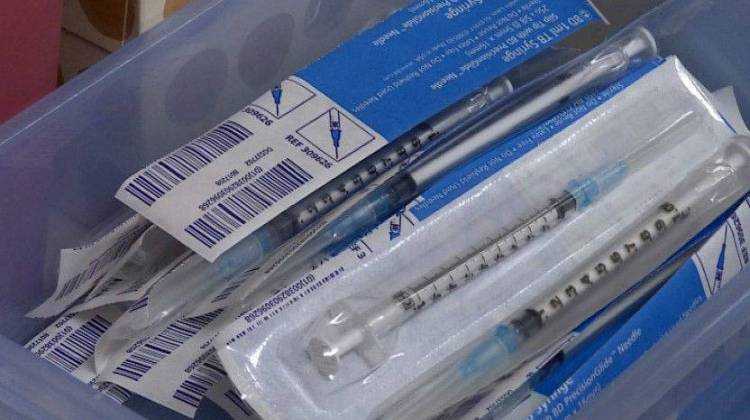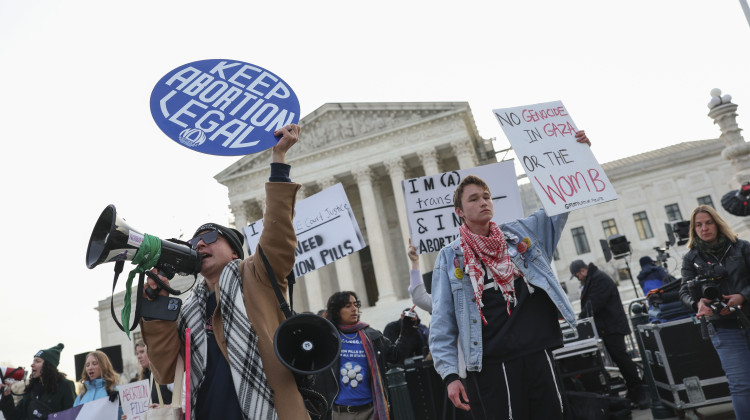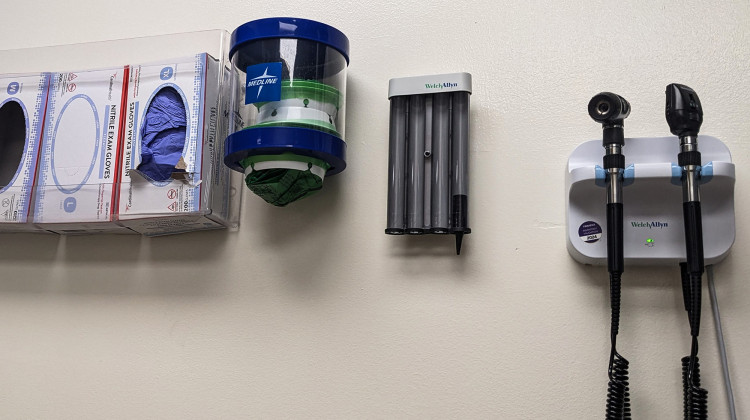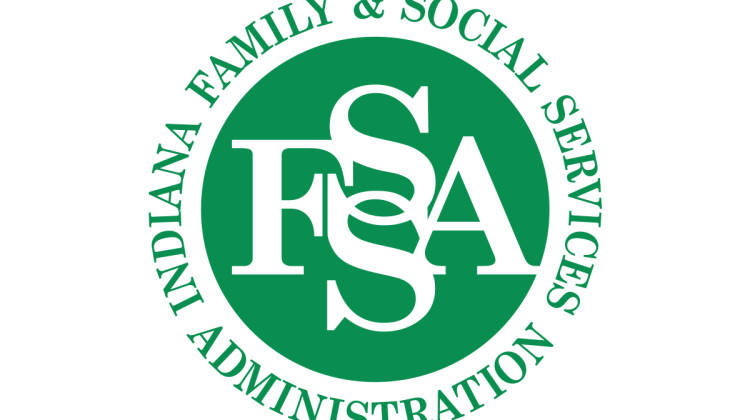Tippecanoe County has become Indiana’s ninth with a declared public health emergency – an intermediate step in establishing a needle exchange in the county.
State Health Commissioner Jerome Adams Thursday approved the request from Tippecanoe County Health Officer Jeremy Adler, based primarily on increased numbers of hepatitis C cases linked to IV drug use.
The City of Lafayette has battled a spike in major crimes in the past several years, and elected officials including Mayor Tony Roswarski have attributed the additional crime to a corresponding drug use epidemic.
However, Roswarski and Lafayette Police Chief Pat Flannelly have been outspoken in their criticism of starting a syringe services program in Lafayette, for fear that it’ll bring more drug users to the county and exacerbate the crime problem.
Currently, the nearest county to Greater Lafayette with a needle exchange is Madison County, northeast of Indianapolis.
Tippecanoe County leaders must still find a location to dispense any services the county wishes to provide, and they have to identify a funding stream.
State law says public money cannot fund needle exchanges, so several counties have sought private benefactors.
Calls to the county health officer were not returned Thursday.
 DONATE
DONATE







 View More Programs
View More Programs

 Support WFYI. We can't do it without you.
Support WFYI. We can't do it without you.